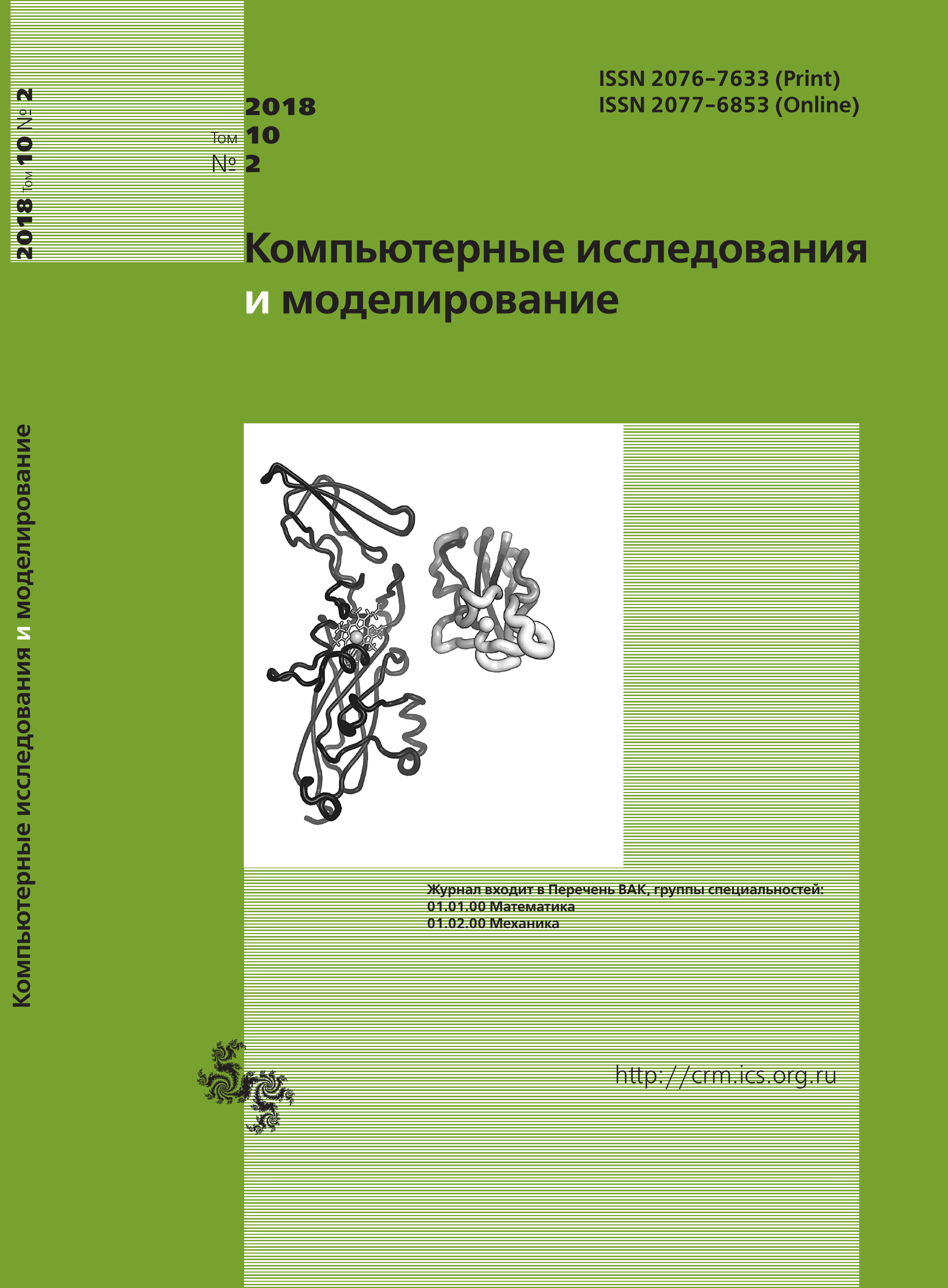All issues
- 2025 Vol. 17
- 2024 Vol. 16
- 2023 Vol. 15
- 2022 Vol. 14
- 2021 Vol. 13
- 2020 Vol. 12
- 2019 Vol. 11
- 2018 Vol. 10
- 2017 Vol. 9
- 2016 Vol. 8
- 2015 Vol. 7
- 2014 Vol. 6
- 2013 Vol. 5
- 2012 Vol. 4
- 2011 Vol. 3
- 2010 Vol. 2
- 2009 Vol. 1
Review of Modern State of Quantum Technologies
At present modern quantum technologies can get a new twist of development, which will certainly give an opportunity to obtain solutions for numerous problems that previously could not be solved in the framework of “traditional” paradigms and computational models. All mankind stands at the threshold of the so-called “second quantum revolution”, and its short-term and long-term consequences will affect virtually all spheres of life of a global society. Such directions and branches of science and technology as materials science, nanotechnology, pharmacology and biochemistry in general, modeling of chaotic dynamic processes (nuclear explosions, turbulent flows, weather and long-term climatic phenomena), etc. will be directly developed, as well as the solution of any problems, which reduce to the multiplication of matrices of large dimensions (in particular, the modeling of quantum systems). However, along with extraordinary opportunities, quantum technologies carry with them certain risks and threats, in particular, the scrapping of all information systems based on modern achievements in cryptography, which will entail almost complete destruction of secrecy, the global financial crisis due to the destruction of the banking sector and compromise of all communication channels. Even in spite of the fact that methods of so-called “post-quantum” cryptography are already being developed today, some risks still need to be realized, since not all long-term consequences can be calculated. At the same time, one should be prepared to all of the above, including by training specialists working in the field of quantum technologies and understanding all their aspects, new opportunities, risks and threats. In this connection, this article briefly describes the current state of quantum technologies, namely, quantum sensorics, information transfer using quantum protocols, a universal quantum computer (hardware), and quantum computations based on quantum algorithms (software). For all of the above, forecasts are given for the development of the impact on various areas of human civilization.
Copyright © 2018 Dushkin R.V.
- , , . Digital Age: Chances, Challenges and Future. / Lecture Notes in Networks and Systems. — 2020. — V. 84. — P. 180. DOI: 10.1007/978-3-030-27015-5_23
Indexed in Scopus
Full-text version of the journal is also available on the web site of the scientific electronic library eLIBRARY.RU
The journal is included in the Russian Science Citation Index
The journal is included in the RSCI
International Interdisciplinary Conference "Mathematics. Computing. Education"







